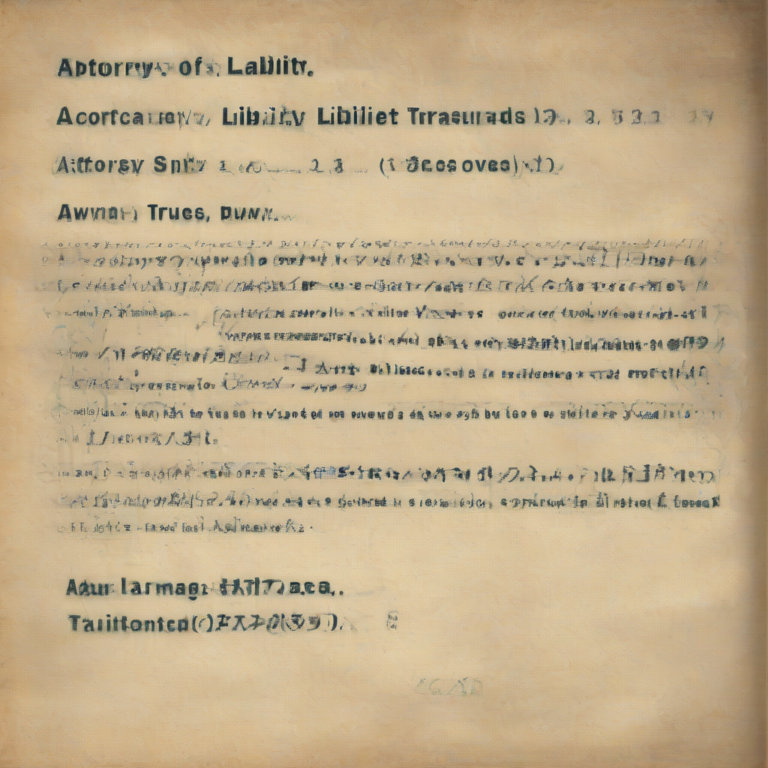
Navigating the Complexities: Your Guide to Effective Gaza Aid Donation
Donating to Gaza requires careful consideration due to the ongoing conflict and complex political landscape. Ensuring your contribution reaches those in need and is used effectively is paramount. This guide explores various avenues for donating, highlighting factors to consider for maximizing impact and minimizing risks.
Understanding the Needs on the Ground
Before choosing a donation method, understanding the current pressing needs in Gaza is crucial. These needs fluctuate based on ongoing events, but commonly include:
- Emergency Relief: Food, water, medical supplies, shelter, and other essential necessities for displaced persons and those affected by conflict.
- Medical Assistance: Funding for hospitals, medical equipment, medications, and the treatment of injuries and diseases.
- Reconstruction and Development: Supporting rebuilding efforts after attacks, including homes, infrastructure, and essential services.
- Education and Child Welfare: Providing access to education, psychosocial support, and safe spaces for children.
- Economic Empowerment: Supporting job creation, small business development, and initiatives to improve the overall economic situation.
- Water and Sanitation: Addressing the critical shortage of clean water and improving sanitation systems to prevent disease outbreaks.
Choosing Reputable Organizations
Selecting a trustworthy and transparent organization is critical. Research thoroughly before donating. Look for organizations with:
- Transparency and Accountability: Easily accessible financial reports, clear program descriptions, and independent audits.
- On-the-Ground Presence: A demonstrable presence and experience working within Gaza.
- Local Partnerships: Collaboration with local organizations, ensuring funds reach the intended recipients efficiently.
- Proven Track Record: A history of successful aid delivery and community impact.
- Efficient Use of Funds: A high percentage of donations going directly to programs, with minimal administrative overhead.
- Positive Reviews and Ratings: Check independent rating agencies like Charity Navigator (US-focused) or similar organizations in your country.
Different Ways to Donate
Several avenues exist for donating to Gaza, each with its own advantages and drawbacks:
- International NGOs: Large organizations like the UN Relief and Works Agency for Palestine Refugees in the Near East (UNRWA), the International Committee of the Red Cross (ICRC), and Médecins Sans Frontières (MSF) have extensive experience operating in conflict zones. They often have broad reach and established infrastructure.
- Smaller, Specialized NGOs: These organizations may focus on specific needs, such as medical care, education, or economic development, allowing for more targeted support. Research their specialization to ensure alignment with your priorities.
- Crowdfunding Platforms: Platforms like GoFundMe or GlobalGiving can host campaigns for specific projects or emergencies in Gaza. Exercise caution, verifying the legitimacy and transparency of the campaign before donating.
- Direct Donations to Local Organizations: Donating directly to Gaza-based organizations can sometimes enhance efficiency, but thorough due diligence is crucial to avoid scams or organizations with questionable practices. Independent verification of the organization’s reputation and impact is vital.
- Cash Transfers: In some circumstances, it may be possible to send money directly to individuals or families in need. However, this method carries significant risk and is generally not recommended without established trust and secure channels.
Minimizing Risks and Maximizing Impact
To ensure your donation is used effectively and reaches those who need it most:
- Research Thoroughly: Invest time in researching potential organizations, checking reviews, and verifying their transparency.
- Verify the Organization’s Registration and Legitimacy: Ensure the organization is officially registered and operates legally in both your country and in the regions where they work.
- Look for Financial Transparency: Check for readily available financial reports, outlining how funds are allocated and used.
- Be Aware of Potential Scams: Be wary of unsolicited requests for donations or organizations with vague or unclear information.
- Consider the Overhead Costs: Examine the percentage of donations that goes directly to programs versus administrative costs. A higher percentage going to programs indicates greater efficiency.
- Focus on Long-Term Solutions: While emergency relief is crucial, consider donating to organizations that focus on sustainable development and long-term solutions to address the root causes of poverty and instability.
- Follow Up and Stay Informed: After donating, stay informed about the organization’s work and the impact of your contribution. Many organizations provide updates on their projects and activities.
The Importance of Critical Awareness
The geopolitical situation in Gaza is complex, and it’s crucial to be aware of the potential political implications when donating. Be mindful of organizations with potential biases or those that may not prioritize the needs of the most vulnerable populations. Independent verification of an organization’s activities and impact is always crucial.
Beyond Monetary Donations
Beyond financial contributions, other ways to support Gaza include:
- Advocacy and Awareness: Raise awareness about the humanitarian crisis in Gaza through social media, petitions, and contacting your elected officials.
- Volunteering: If you have relevant skills, consider volunteering with organizations working in Gaza or supporting their efforts from afar.
- Supporting Fair Trade Initiatives: Choose to purchase products that support Palestinian businesses and artisans, contributing to economic empowerment.
Donating to Gaza requires careful consideration and due diligence. By selecting reputable organizations, understanding the needs on the ground, and remaining informed, you can significantly contribute to improving the lives of those affected by the ongoing conflict.





